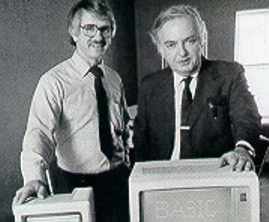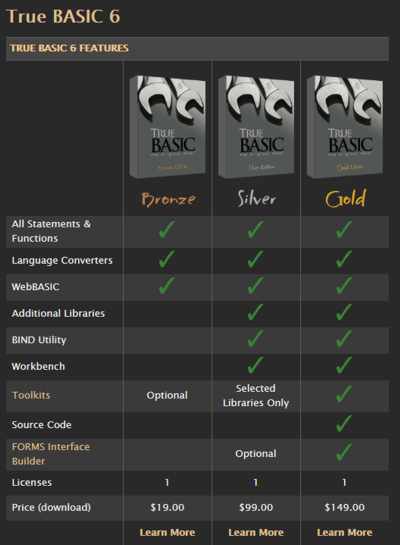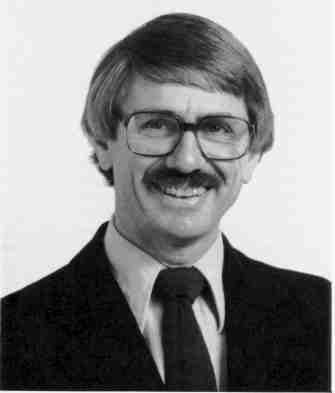| Born This Day In 1928 Thomas Kurtz, Co-Founder of BASIC |
| Written by Sue Gee | |||
| Monday, 22 February 2021 | |||
|
Thomas Eugene Kurtz, the co-founder of the BASIC programming language celebrates his 92nd birthday today. Kurtz once commented that if FORTRAN was the lingua franca (common language) of the computer world, BASIC was the "lingua playpen." Together with John G. Kemeny, with whom he collaborated on many projects, Thomas E Kurtz designed and developed the Dartmouth Time Sharing System (DTSS) and the computer programming language, Beginner's All-purpose Symbolic Instruction Code, or BASIC. Thomas Kurtz (left) and John Kemeney (right) Kurtz received his PhD from Princeton in 1956 and he joined the Mathematics department at Dartmouth College the same year, to teach statistics and numerical analysis. Having taken a pay cut to work at Dartmouth Kurtz asked his colleague Kemeny if there was any way of increasing his income. One suggestion was an IBM research fellowship at the MIT computing site and so he and Kemeny worked together on one of the most primitive of computers - an IBM 704 located at MIT. Kemeny and Kurtz both learned Share Assembly Language and very soon after realized that this was no way to teach computing! It was obvious that a new language was needed and they wasted no time in trying to invent one. Their first attempt, DARtmouth SIMplified COde (DARSIMCO) was just a system of templates, each one corresponding to a small number of assembly language commands, but fortunately 1957 saw the first appearance of FORTRAN, which provided a model of what a high-level language should be like and what it could achieve. Initially BASIC was going to be a subset of FORTRAN but Kemeny and Kurtz decided that no subset of any existing language would be complete enough. The outcome was Beginner's All-purpose Symbolic Instruction Code, or BASIC and the first ever BASIC program ran on May 1, 1964. BASIC grew from parochial beginning to be the language that fuelled the microcomputer explosion of the 1980's. This was largely due to Microsoft which produced versions for the Altair and for many of its successors. However, while "street BASIC" was enthusiastically adopted by its users it attracted negative attention from the academic world with the first, and most remembered, broadside being delivered by a letter - "GOTO considered harmful" in an academic journal by Edsger Dijkstra, one of the pioneers of structured programming. Put bluntly this claimed that students who learned to program via BASIC were irrevocably brain damaged and could never reform their ways and learn a structured language. Kemeny and Kurtz were affected by the attack on their language, which they knew was the best for teaching programming to the non-specialist. Their response was to create and market True BASIC - a fully structured compiled language that is still available as a commercial product with the most recent version being True Basic 6. There were many implementations of BASIC, the most widely used being Microsoft's MSBASIC and later QBASIC, and True BASIC, Kurtz and Kemeny's original basic, is one of the few still being developed commercially. It is available from true.basic.com In 1974, the American Federation of Information Processing Societies gave an award to Kurtz and Kemeny at the National Computer Conference for their work on BASIC and time-sharing. In 1991, the Computer Society honored Kurtz with the IEEE Computer Pioneer Award and in 1994, he was inducted as a Fellow of the Association for Computing Machinery with the citation: Invented, along with John G. Kemeny, the BASIC computer programming language, and contributed to its growth and standardization.
Thomas E Kurtz, born February 22, 1928 Related ArticlesKemeny & Kurtz - The Invention Of BASIC Historical Highway Marker Celebrating BASIC To be informed about new articles on I Programmer, sign up for our weekly newsletter, subscribe to the RSS feed and follow us on Twitter, Facebook or Linkedin.
|
|||
| Last Updated ( Tuesday, 31 May 2022 ) |



